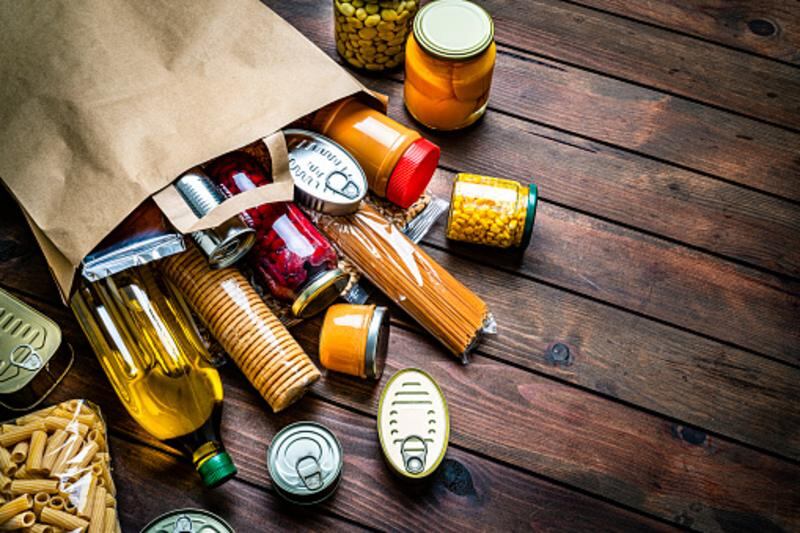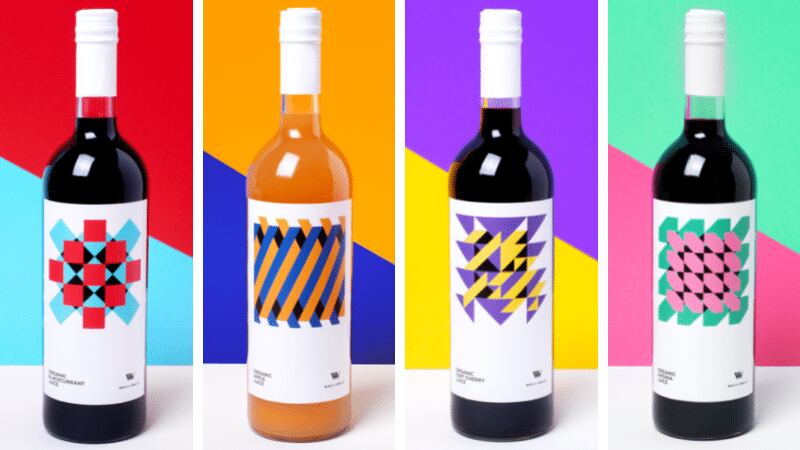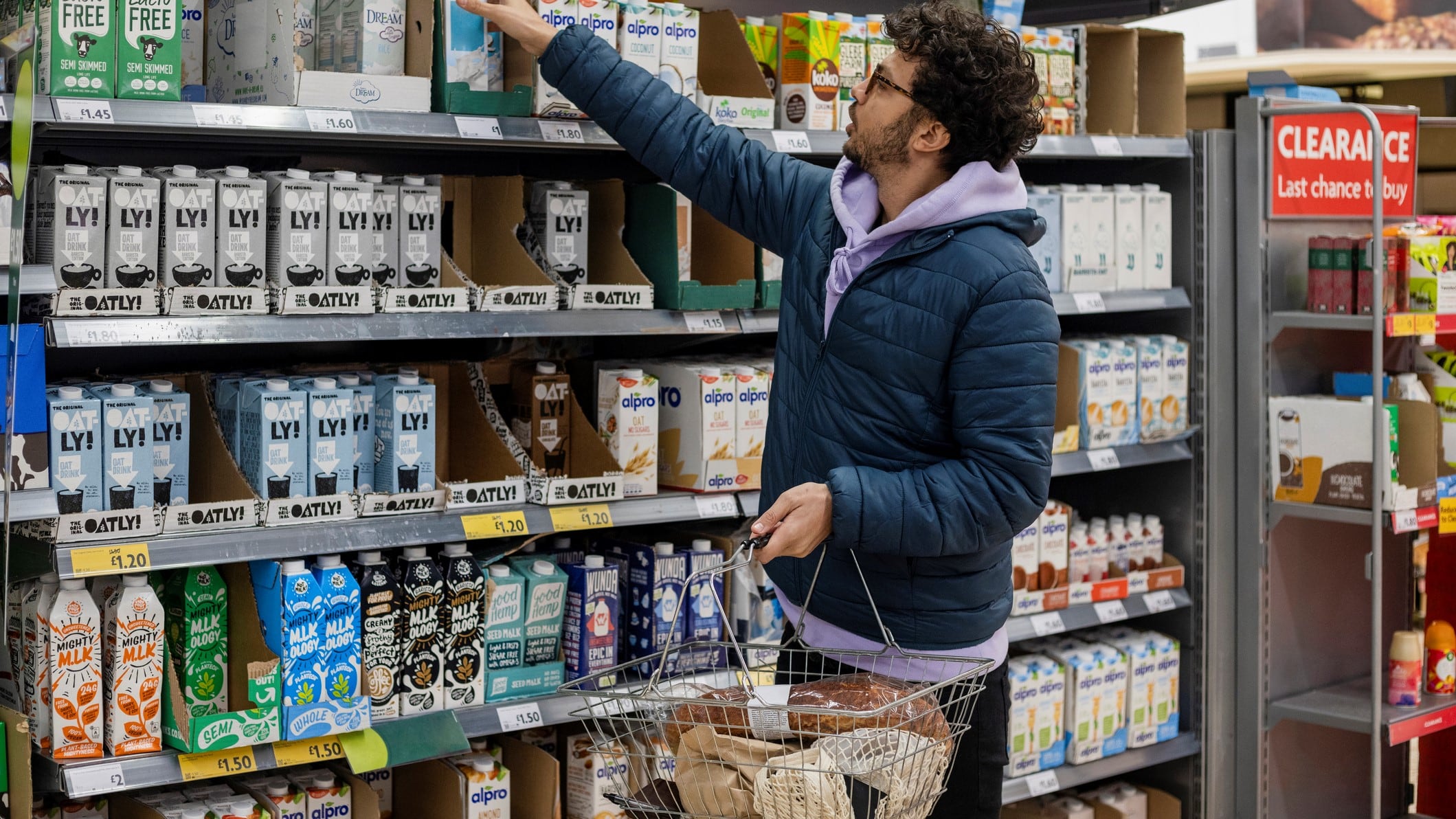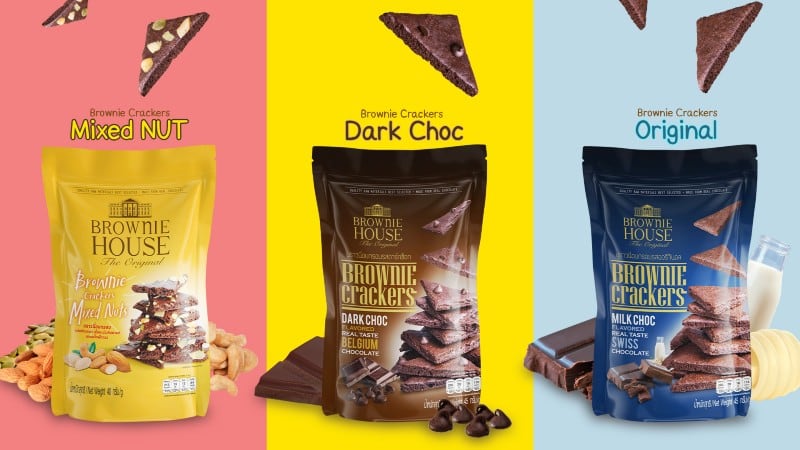Positive tidings: PepsiCo’s first APAC accelerator programme seeks innovative solutions to boost value chain sustainability
PepsiCo has launched the first edition of its Greenhouse Accelerator programme in the Asia Pacific region, seeking inventive solutions focused on sustainable packaging and climate change reduction.
The firm’s Greenhouse programme is not new from a global context, first launched in Europe in 2017, then to the United States, the Middle East and North Africa (MENA), as well as Europe and Sub-Saharan Africa (ESSA) – making it now in its seventh year, when it has finally made its way to the APAC region.
Over the course of several months since March this year, PepsiCo has identified 10 finallists within this accelerator, each of which are set to receive US$20,000 in funding and are now about to embark on a four-month business optimization programme.
“Throughout this programme, these start-ups will have access to personalised mentorship from experts across PepsiCo functions,” PepsiCo APAC Chief Sustainability Officer Ashley Brown told FoodNavigator-Asia.
Colourful crunch: Ritter Sport bets on prominent packaging and textures to overcome low APAC chocolate consumption rates
Chocolate specialist Ritter Sport believes that a focus on prominent packaging and experiential textures is important to overcome the challenge of lower chocolate consumption rates in the Asia Pacific region.
Although chocolates are undoubtedly a common food product in the APAC region, most consumers here view this as a limited-consumption treat to be eaten in very small volumes by comparison to western chocolate consumption practices.
“For context, the average consumer in the United States eats some 7kg to 8kg of chocolate a year – but the average consumer in, say, China eats just 100g of chocolate a year,” Ritter Sport Global Travel Retail Managing Director Jan Pasold told FoodNavigator-Asia at the recent Tax Free World Association (TFWA) event in Singapore.
Purchasing patterns: Packaged foods lead Chinese consumer spending in 2022
Instant noodles and premium products led strong growth in China’s packaged food sector throughout 2022 - but significant inflationary price hikes mean that this continuous growth is unlikely for 2023, according to a new local report.
The China Shopper Report 2023, written by Kantar Worldpanel and Bain & Company, highlighted that 2022 was a year of massive growth for the packaged foods industry in China which displayed a strong 6.3% growth throughout the year, the highest increase seen over the past four years.
“Growth was driven by both volume increases (3%) and average spending price increases (3.2%), [as well as] COVID-19 pandemic lockdown and dining out restriction impacts what fuelled stockpiling behaviours as well as at-home dining solutions,” the report authors stated.
Nutritional labelling catch-up: Vietnam moves to implement mandatory regulations and align with international standards
Vietnam has moved to implement regulations that will mandate the display of nutritional labelling according to national standards on all qualifying food and beverage products in the country, progressing from its previous voluntary labelling system.
According to government data, presently just 60% of food and beverage firms in the country are displaying nutritional labels on their products. The majority of these are larger brands and retailers.
“A study by the Ministry of Health Department of Preventive Medicine has shown that overall 60% of products have nutritional information provided – it also found that 82% of non-alcoholic beverages are attaching labels, but just 50% of processed packaged foods are doing this,” Vietnamese Deputy Minister of Health Do Xuan Thuyen said via a formal statement.
Greenwashing: Companies urged to ensure label claims are substantiated in light of proposed EU directive
Leatherhead Food Research has warned that food companies must act now to ensure their sustainability claims can stand up to the scrutiny of EU regulators if a draft directive came into force in 2024.
The European Commission’s Green Claims Directive aims to weed out unsubstantiated label claims that can mislead consumers by giving a false impression of the company’s environmental impacts or benefits – a practice known as ‘greenwashing’ – from credible and trustworthy eco labels.





